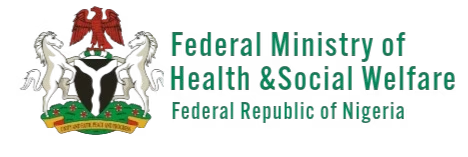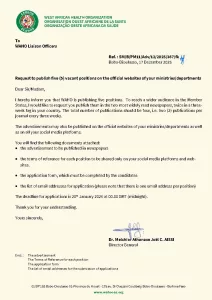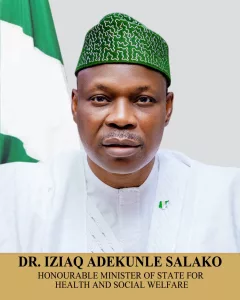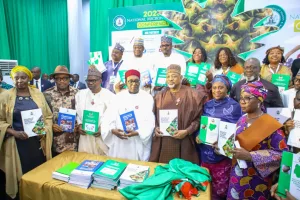Protocol:
- I bring warm greetings from the Federal Republic of Nigeria to all parties and delegates at this Eleventh Session of the Conference of Parties (COP) to the WHO Framework Convention on Tobacco (WHO FCTC) as I affirm, Nigerias allignment with the position of the African group as delivered by Benin. Let me particularly extend Nigeria’s felicitation and appreciation to the President of the Conference and the convention secretariat for working hard to put this meeting together.
- Since the 10th WHO FCTC held in February, 2024 in Panama, Nigeria has made remarkable progress in the regulation of tobacco distribution and consumption particularly in the areas of use prevention and monitoring policies. Following the release of Nigeria’s the first ever Global Adult Tobacco Survey in the African region in 2013, we have just successfully concluded data collection and analysis for the 2nd round of the Global Adult Tobacco Survey (GATS), called Nigeria GATS 2025.
- The findings from Nigeria’s GATS 2025 indicate a notable decline in the daily use of tobacco products among adults compared to the 1st round conducted in 2012. This positive trend reflects the effectiveness of our sustained multisectoral interventions, enforcement of tobacco control laws, regulations, and public education efforts.
- Also, the Nigeria’s 2025 GATS result profoundly demonstrated the positive effects of pictorial/graphic health warning (GHW) in promoting cessation and reducing tobacco use as the percentage of current smokers who reported thoughts of quitting smoking due to the health warnings increased from 26.7% in 2012 to 43.3% in 2025. In addition, exposure to second hand smoke inside homes and public spaces significantly declined between 2012 and 2025
- To further fast tract implementation and enforcement of our National Tobacco Control Act, 2015 & Regulations, 2018, Nigeria has equally developed and is implementing various strategic policies including National Tobacco Control Strategic Plan of Action, 2024 – 2028, National Tobacco Control Communication Strategy, 2024 – 2028 and the National Tobacco Control Enforcement Plan, 2024 – 2028.
7.In furtherance of our commitment to the WHO FCTC, Nigeria has advanced the implementation of Article 19 of the convention on liability, which encourages Parties to hold the tobacco industry legally and financially accountable for actions that undermine public health.
- In this regard, our Federal Competition and Consumer Protection Commission (FCCPC) recently imposed a fine of 110 million US dollars on the British American Tobacco Nigeria (BATN) for multiple infringements of the National Tobacco Control Act, 2015, the National Tobacco Control Regulations, 2019, and other consumer protection laws. This represents one of the most significant applications of Article 19 globally and sends a strong message that the tobacco industry must bear responsibility for its actions.
9.Furthermore, the Nigeria National Film & Video Censors Board (NFVCB) has introduced new regulations promoting the ban on Tobacco Advertising, Promotion, and Sponsorship (TAPS) in the entertainment and creative sectors. The regulation prohibits the display, glamorization, or promotion of tobacco use in the entertainment industry (films, television, music videos, and digital media platforms). For a country considered as having the world’s second largest film industry by volume through Nollywood, the power house of African music industry and one with the highest entertainment growth rate in Africa, this is a bold step to give practical effect to Article 13 of the WHO FCTC, helping to prevent indirect advertising and the normalization of tobacco use.
- This year’s conference themed “Healthy planet, healthy future: uniting for tobacco-free generation” which also marks the 20th anniversary of the WHO FCTC challenges us to reflect and recommit ourselves to global tobacco use control as an effective strategy to prevent non communicable diseases (NCDs) and environmental degradation.
- In conclusion, while significant progress has been made, we acknowledge that key challenges persist, including the need to strengthen enforcement especially at subnational levels; addressing the growing spread and false narrative of new and emerging tobacco and nicotine products and ensuring their strict regulation; as well as countering persistent tobacco industry interference.
- Nigeria remains unwaveringly committed to the enforcement of WHO FCTC and other evidence based, legally binding international treaty to protect people from the harmful effects of tobacco. We will continue to welcome technical and financial support, knowledge exchange, and global collaboration to advance the effective implementation of the WHO FCTC.
- Thank you for your attention as I wish us all a very fruitful and rewarding deliberation.




